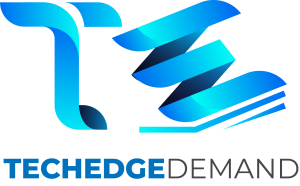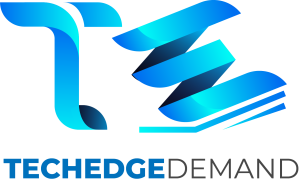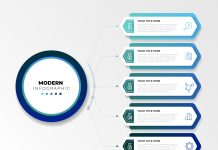Once operational modernizations have not yet been fully implemented, successful B2B transactions depend on flawless coordination between ecosystem participants.
In order to solve long-standing problems with billing and invoice reconciliation frictions, businesses are gradually deploying next-generation payment networks and optimising internal procedures.
According to research in the “One-Stop Bill Pay Playbook,” which finds that 30% of billing and collections executives are only somewhat satisfied with their organisations’ current bill payments ecosystem, the majority (68%) anticipates incorporating digital-first innovations to help address recurring inefficiencies afflicting transactions, such as one-stop-shop solutions, within the next year.
Businesses are using blockchain-based corporate solutions to eliminate data disparities brought on by siloed systems unable to effectively connect with one another, such as the Canadian division of giant retailer Walmart.
Walmart Canada uses both its own transport fleet and other carriers to carry more than 500,000 cargo annually to its retail locations and distribution centres. Data inconsistencies continued impeding the invoicing and payment process for these freight companies, which was the main issue with this configuration.
For an estimated 70% of invoices, the issues, which are typical to the transportation sector, repeatedly resulted in expensive reconciliation tasks and protracted payment delays on both sides of the transaction.
Walmart Canada was able to provide a 98.5% decrease in disputes with its transport partners by introducing a blockchain-based invoicing management solution that allowed previously fragmented systems to interact effectively without the need for human reconciliation.









